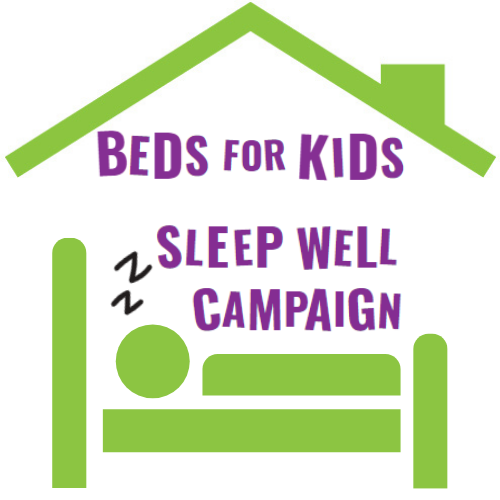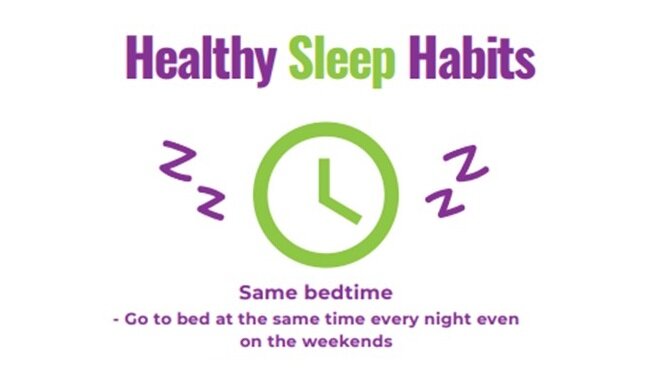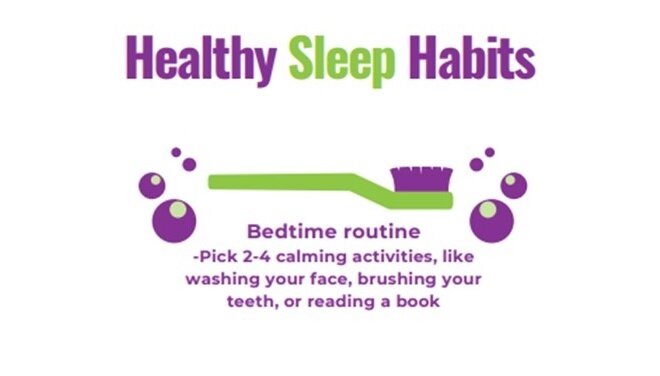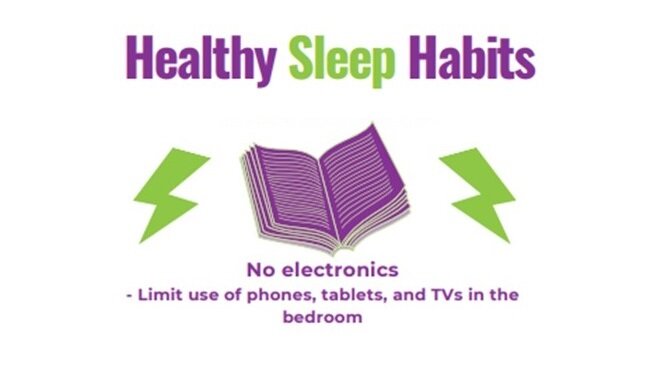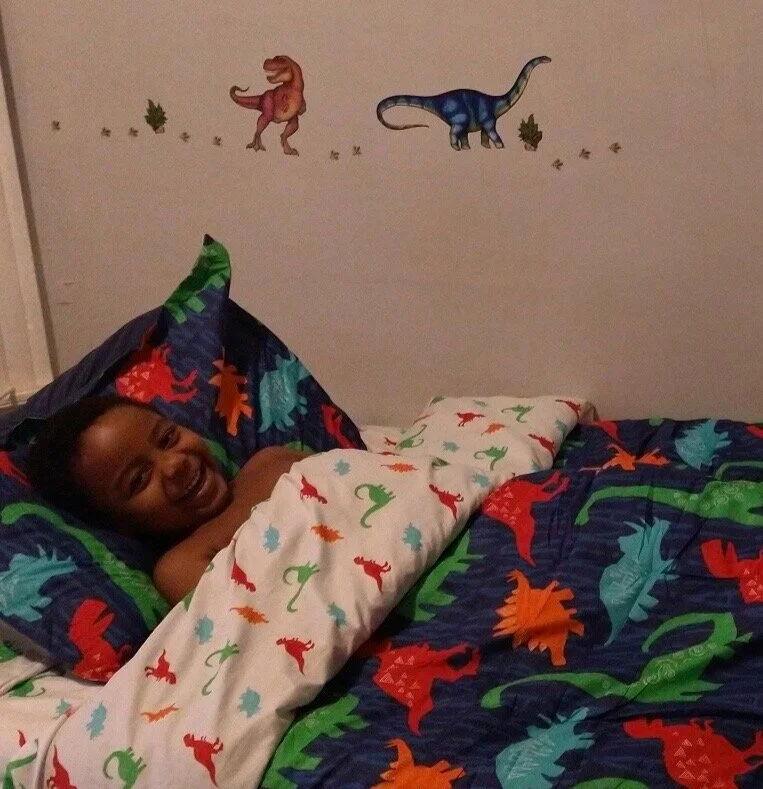Sleep Health Awareness
Raising awareness of better sleep habits and the Beds for Kids program.
September 1, 2024 — October 31, 2024
Presented by:
Our Gold Level Sponsors
Our Silver Level Sponsors
Why is Sleep Important?
Quality, sustained sleep is vital for one's body and daily success. However, poor sleep health is common with up to two-thirds of children obtaining insufficient sleep for their age. In addition, children of lower socioeconomic status are at increased risk of sleep concerns, partially due to the stressors related to socioeconomically disadvantaged contexts.
The effects of technology on children’s sleep
Dr. Funke Afolabi-Brown, Pediatric Pulmonologist & Sleep Medicine Physician, Children's Hospital of Philadelphia
Facts:
Smart phones, television, video games effect the quality of sleep as well as delay bedtime.
The blue light released from these devices suppresses the brain’s ability to produce the sleep hormone melatonin.
Screen activities make it harder for the mind to wind down.
Texts and notifications interrupt sleep.
Tips:
Set electronic curfew.
Avoid using electronics in bedroom.
Promote physical activity and interaction with friends during the day.
How to set a bedtime routine
Dr. Melissa Moore
Psychologist, Children's Hospital of Philadelphia
Set a consistent bed and wake time each day.
The bed is only for sleeping, and sleeping is only for the bed.
Get ready for sleeping with a bedtime routine.
Avoid stressful or electronic activities right before bedtime.
Tips to promote healthy sleep
Dr. Funke Afolabi-Brown, Pediatric Pulmonologist & Sleep Medicine Physician, Children's Hospital of Philadelphia
Have a consistent sleep and wake time, even on weekends.
Create a sleep routine of 2 to 3 calming activities heading in the direction of the bedroom.
Try your best to provide a cool, dark, and noise free environment.
Avoid doing any activity in bed other than sleeping or reading.
Limit electronic use at least 30 minutes before bedtime.
Avoid caffeinated beverages before bed; like soda, tea, coffee and energy drinks.
Tips to transition back to a school sleep schedule
Dr. Melissa Moore
Psychologist, Children's Hospital of Philadelphia
Get as much sun as you can in the morning.
Avoid daytime napping unless younger than kindergarten.
Stop all electronics 30 minutes before bedtime.
It’s never too late to set a bedtime routine.
Be consistent to help your brain recognize that it’s bedtime.
Past Recipient

